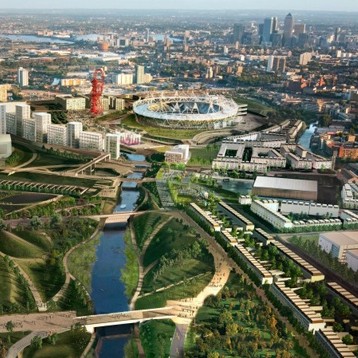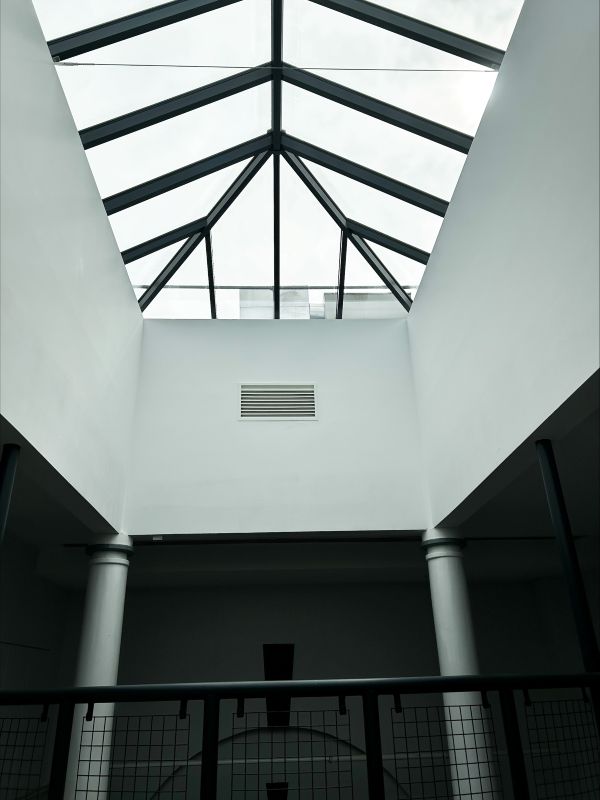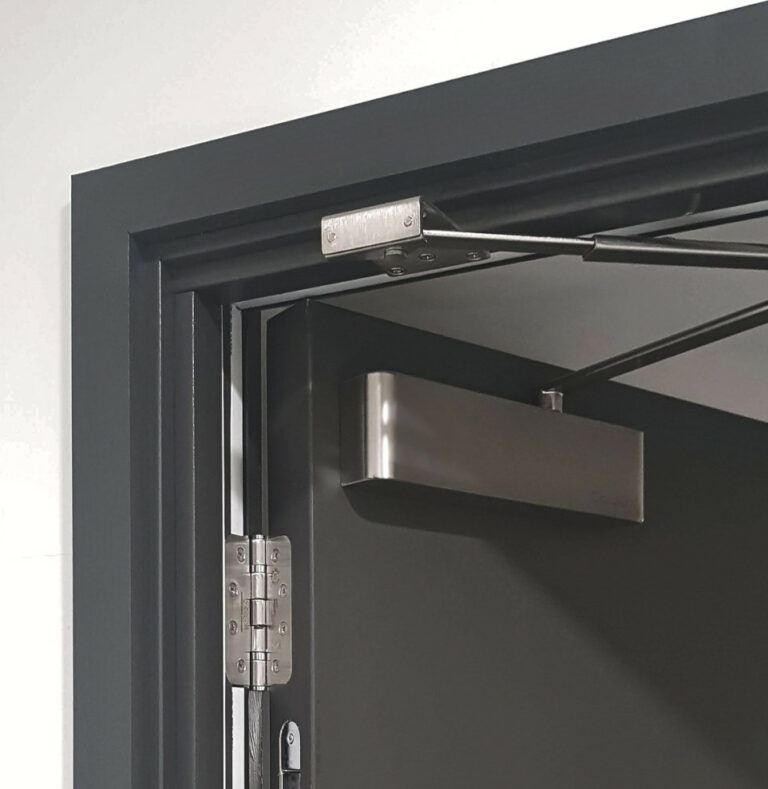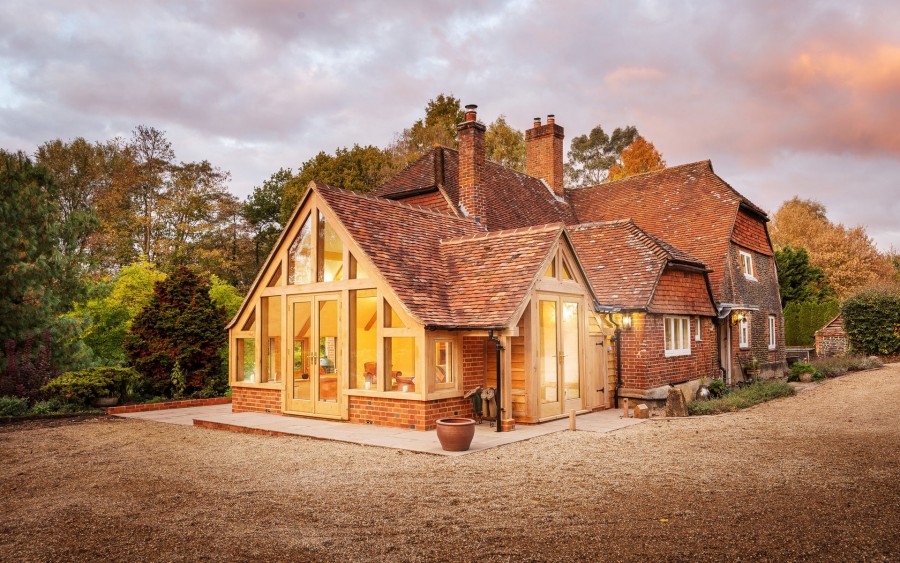
The London 2012 Olympic and Paralympic Games public sector funding package is set to come in £528 million under budget, an increase in savings of £151 million since the last update in October.
The figures were revealed in an update to Parliament in a Written Ministerial Statement from the Minister for Sport Hugh Robertson following LOCOG publishing their final report and accounts in May.
The latest anticipated forecast cost of the Olympic and Paralympic programme has reduced from £8,921 million to £8,770 million. This means that, taking the total projected savings against the £9,298 million Public Sector Funding Package (PFSP) for the Games from the £377 million as reported in October 2012 to £528 million at end May 2013.
The main factors contributing to the increase in savings of £151 million include a reduction in venue security costs from £514 million to £429 million, a reduction in policing and wider security costs from £455 million to £423 million and a £20 million payment from LOCOG following the winding up of the company.
Mnister for Sport, Hugh Robertson said: "As the one year anniversary of staging the London 2012 Games approaches we can look back on last summer as a nation with a real sense of pride and be encouraged by the progress made over the last twelve months in delivering a lasting legacy. The transformation of the Olympic Park is well under way, with the long term future of all eight major venues secured and first residents moving into the Olympic Village in the summer. The scale of the London 2012 project has been huge and a complex one, and for the public sector funding package to be £528 million under budget is testament to the sound financial management of all those involved in the process."
A year on from staging the Games the transformation of the Olympic Park continues with the first of the Olympic Village blocks due to completed in time for occupation later in the summer and the entire project to be complete in 2014.
The Olympic Delivery Authority remains responsible for the conversion of the Olympic Village for residential use and for completion of the health centre and academy. This project involves the removal of temporary games-time elements and the installation of kitchens and other infrastructure to 2,818 apartments and the completion of sale of 1,379 of the properties to a social landlord, Triathlon, for affordable housing and of the completion of sale of the remainder to a private landlord for rent.
The transformation of the remaining venues and infrastructure at the Olympic Park, other than the Olympic Village, is being undertaken by the London Legacy Development Corporation, a Mayoral Development Corporation, chaired by the Mayor of London and accountable to the Greater London Authority. The London Legacy Development Corporation receives funding from the PSFP through the Departments for Communities and Local Government and the GLA, to deliver the transformation programme.
The public sector funding package for the Games announced in March 2007 was £9.325 billion. On 24 May 2010, the Government announced that it would be reduced by £27 million to £9.298 billion.




















